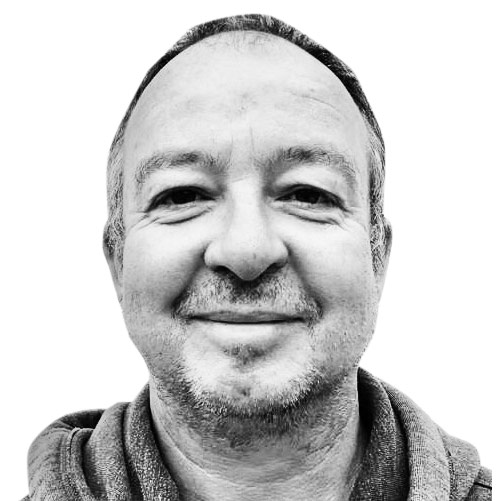ADVERTISEMENT
A British writer on travel, food and culture, Paul Richardson left London for Spain in 1989. He is a contributing editor on Conde Nast Traveler US/UK and works for the Financial Times and Daily Telegraph; his published books include A Late Dinner: discovering the food of Spain (Scribner). Paul and his husband Nacho produce their own organic olive oil, wine, ham, fruit, and vegetables on their off-grid farm in Extremadura, Spain.
ADVERTISEMENT
